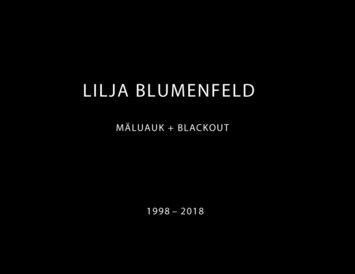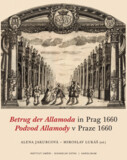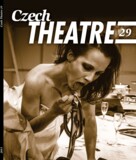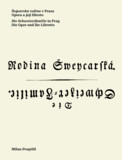Kerttu Männiste writes: "Minimalism is perhaps even more apt, therefore, to describe Blumenfeld's stages as essential in character: there is nothing more to lose or take away, every element is on stage because its presence there is unavoidable. And if the design inevitably needs a rustic room corner or a brightly coloured turn-up dress, they are there - essential as a qualitative criterion does not exclude grandiosity, not to mention period references and playfulness. Where there is no noise, there is space, and space can undoubtedly be regarded as one of the pervading features of Blumenfeldt's artistic practice. These are stages - and even if they are narrow in size - where big themes and strong emotions fit. Whether it's the haunting longing and passionate memories that are as real and present as the two actors on the almost empty stage of the Tallinn City Theatre's 'Ay, Carmela', or the fear and lust that coalesce in a loop around power in the Vanemuine Theatre's 'Richard III'. In a laconic space, existential and spiritual restraint, loneliness and the foreboding of extinction are amplified to a painfully beautiful limit, so it is no wonder that Blumenfeldt's portfolio includes W. Shakespeare's Hamlet, F. Zeller's Father and I. Bergman's Saraband."







